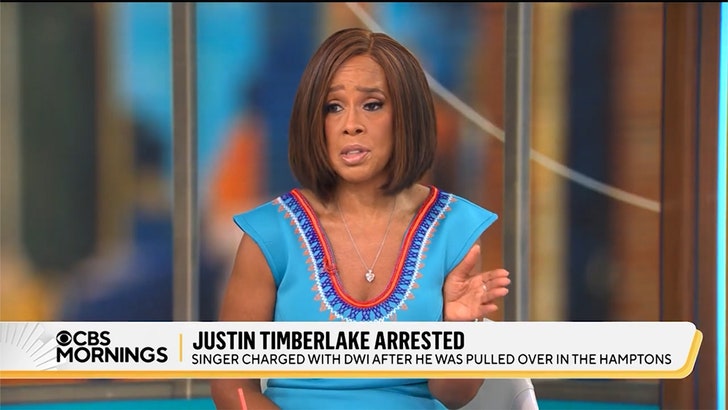French voters went back to the polls on Sunday for a second and final round of voting to choose representatives in the 577-seat National Assembly, the country’s lower and more prominent house of Parliament.
The vote carries high stakes for Prime Minister Emmanuel Macron, with the nationalist, anti-immigrant National Rally poised to do well and the possibility of months of political gridlock ahead.
France’s 577 electoral districts — one for each seat — cover the mainland and overseas departments and territories, as well as French citizens living abroad. France awards seats to candidates who get the most ballots in each district.
In the first round held a week ago, 76 legislative seats were won outright. The rest of the races went to runoffs, which are being held on Sunday.
While any number of candidates can compete in the first round in each district, there were specific thresholds to reach the second round of voting.In most cases the runoff will feature the top two vote-getters, but some might feature three or even four candidates who received votes equal to at least 12.5 percent of registered voters in their districts.
High voter participation led to more than 300 three-way runoffs after the first round last week. But left-wing parties and Mr. Macron’s centrist coalition pulled more than 200 of their candidates out of three-way races in order to avoid splitting the vote and to help prevent National Rally from winning an absolute majority. That left fewer than 100 three-way races remaining on Sunday.
The recipient of the most votes in the runoff wins the race.
Polls will close at 6 p.m. local time (12 p.m. Eastern) in most of France — although voting will stay open until 8 p.m. in some larger cities.
France’s Interior Ministry is expected to start publishing initial results at 8 p.m. (2 p.m. Eastern) and nationwide seat projections by polling institutes are expected at around the same time.
If the National Rally, which won the most votes in the first round, and its allies win a majority in the National Assembly, Mr. Macron would have little choice but to appoint a prime minister from the far-right party. That would put France’s domestic policy squarely in the hands of the far right, and could disrupt Mr. Macron’s defense and foreign policies.
If no clear majority emerges, Mr. Macron will have limited options in terms of how to proceed.
He could try to build a new coalition, but that might be challenging. The three main political blocs — the far right, the left-wing alliance and Mr. Macron’s centrist coalition — have radically different agendas and, in some cases, have expressed extreme animosity toward each other.
If no working majority can be cobbled together, the country could be headed for months of political deadlock or turmoil. Mr. Macron, who has ruled out resigning, cannot call new legislative elections for another year.
One possibility being discussed by analysts is having a caretaker government that handles the day-to-day business of running the country until there is a political breakthrough, as has happened in Belgium. But this, too, would be a departure from French tradition.



